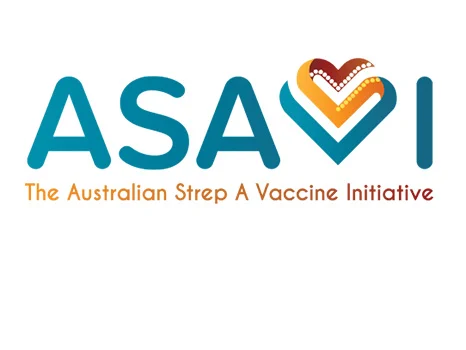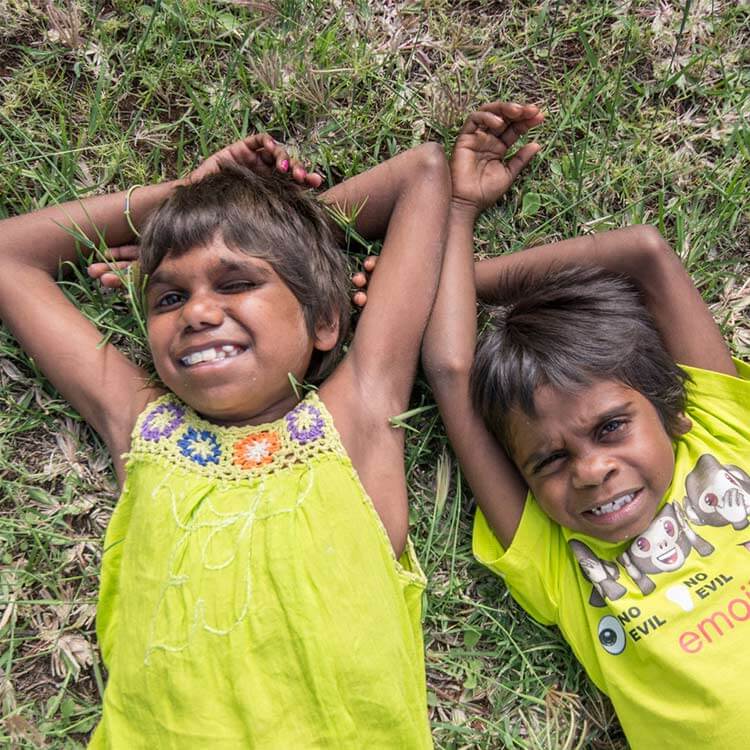Search
Showing results for "mental health aboriginal"
Research
DETECT Schools Study Protocol: A Prospective Observational Cohort Surveillance Study Investigating the Impact of COVID-19 in Western Australian SchoolsAmidst the evolving COVID-19 pandemic, understanding the transmission dynamics of the SARS-CoV-2 virus is key to providing peace of mind for the community and informing policy-making decisions. While available data suggest that school-aged children are not significant spreaders of SARS-CoV-2, the possibility of transmission in schools remains an ongoing concern, especially among an aging teaching workforce. Even in low-prevalence settings, communities must balance the potential risk of transmission with the need for students' ongoing education.

Research
Australian Strep A Vaccine Initiative (ASAVI)The Australian Strep A Vaccine Initiative (ASAVI) is an Australian-led global initiative with the goal of reducing the disease burden caused by Group A Streptococcus (Strep A) infection through effective vaccination.
Research
Plasma Cortisol Levels in Infants With Respiratory Distress During Different Phases of Neonatal Transport: A Pilot Prospective Observational Before-After StudyThe transport of sick newborn infants with respiratory distress leads to unwanted stress at time of physiological instability. There is dearth of studies to evaluate these stress levels. This pilot prospective observational before-after study aimed to evaluate the plasma cortisol levels (as surrogate marker of stress) in infants with respiratory distress during different phases of neonatal transport.

News & Events
New project to make FASD history in the PilbaraA new project aimed at reducing Fetal Alcohol Spectrum Disorder (FASD) in the Pilbara has been launched today in South Hedland.
Research
Introducing the ORIGINS project: a community-based interventional birth cohortNon-communicable diseases (NCDs) pose the greatest threat to human health globally. The dramatic rise in early onset NCDs - such as childhood obesity, the allergy epidemic and an increasing burden of mental ill health in children and youth - reflect the profound early impact of modern environments on developing systems.

News & Events
Long-term The Kids Research Institute Australia researchers honoured by prestigious AcademyProfessors Carol Bower & Steve Zubrick have been inducted as new Fellows to the prestigious Australian Academy of Health and Medical Sciences.
Research
The impact of monetary incentives on general fertility rates in Western AustraliaWe examined general fertility rates from 1995 and 2006 by socioeconomic group, maternal age, Aboriginality and location in WA before and after the Baby Bonus.

News & Events
Four BrightSpark Fellowships awarded to early-career researchers at The KidsCongratulations to four outstanding early-career researchers from The Kids Research Institute Australia, who have been awarded BrightSpark Foundation fellowships and project funding for 2026.

News & Events
Data reveals important clues about child abuse and neglectResearchers working on the Developmental Pathways Project are determined to find out what makes families vulnerable to child abuse and neglect.
Research
Research using linked data to explore outcomes for children who have left out-of-home careThe Kids Research Institute Australia has been commissioned to investigate outcomes for children who have left out-of-home care and are currently 25 years of age.
